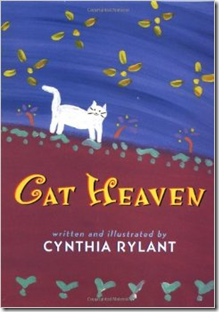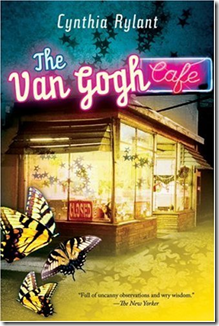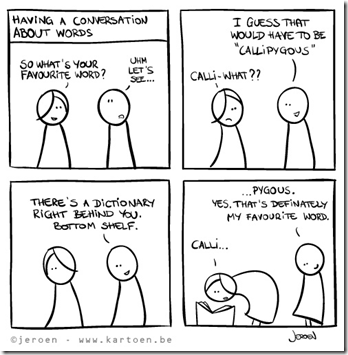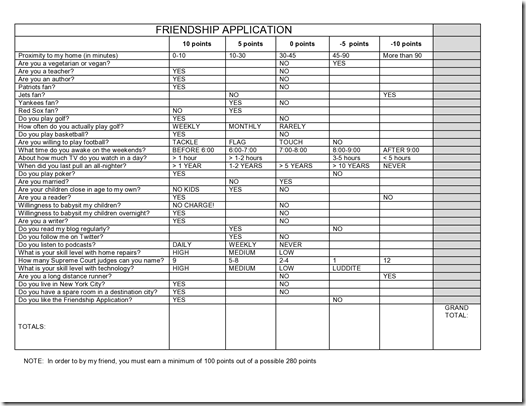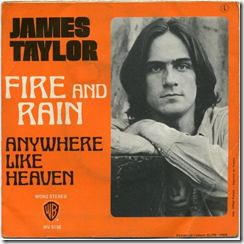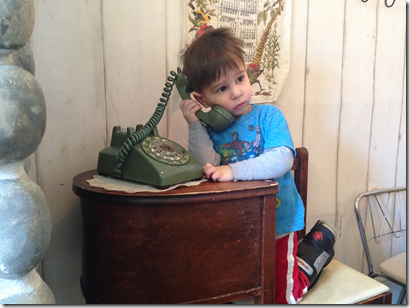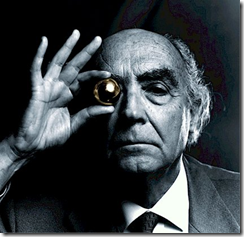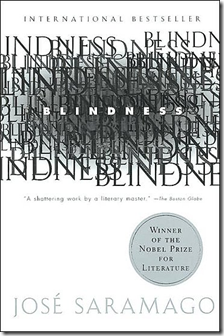Resolution update: February
/Each month I post the progress of my New Year’s resolutions here as a means of holding myself accountable. The following are the results through the month of February.
PERSONAL HEALTH
1. Don’t die.
So far, so good.
2. Lose 20 pounds.
I lost the two pounds that I gained in January plus one more so I’m one pound down in 2015 and 19 to go. Not a great start.
3. Do at least 100 push-ups and 100 sit-ups five days a week.
Done. I’ve added a plank every morning as well.
4. Stop drinking soda from two-liter bottles.
I didn’t drink soda from a two-liter bottle in February and have cut my soda consumption by well over half as a result. I still drink Diet Coke in restaurants, in my car, and at work, but even this consumption has been dramatically reduced as a result of the elimination of the two liter bottles.
I don’t know why, but I’m not complaining.
5. Practice yoga at least five days a week.
I’m ready to return to the practice. Shoulder is fully healed. But I feel like I’m starting from scratch again, clueless and uncoordinated and pathetic, so I will have to meet with my teacher soon.
6. Learn to cook three good meals for my wife.
No progress
WRITING CAREER
7. Complete my sixth novel before the end of the summer 2015.
The book remains about half finished. I’m still in the process of polishing a memoir before returning to it.
8. Complete my seventh novel.
The book remains about half finished as well.
9. Sell one children’s book to a publisher.
I have three books written and ready to go. I have three new ideas that I plan to work on in 2015. We will submit one or more of these books to editors at some point soon.
10. Sell a memoir to a publisher.
The memoir is written and is being polished now.
11. Sell a book of essays to a publisher.
The book is in the hands of editors now. I await word.
12. Complete a book proposal for a book on storytelling.
Progress continues.
13. Write a new screenplay.
I’m still revising my first screenplay based upon film agent’s notes. No progress on the new one.
14. Write 50 pages of a new memoir about the years of 1991-1993.
I have 25 badly written pages for this memoir that must be transformed into 50 good pages in 2015. No progress yet.
15. Write a musical for a summer camp
Meaningful progress has finally begin.
In addition, the musical that my partner and I wrote last year is being produced by a local theater company, and it will eventually be brought to schools throughout the area as well. I completed revisions on the project this week, and production begins in the fall.
16. Publish at least one Op-Ed in a physical newspaper.
I published another piece in the Huffington Post last month after it was rejected by three newspapers. It actually received a great deal of attention on social media and many clicks, but again, this is not a physical newspaper.
17. Submit one or more short stories to at least three publishing outlets.
No progress.
18. Select three behaviors that I am opposed to and adopt them for one week, then write about my experiences on the blog.
My first idea: Backing into a parking spot. I rightfully assume that anyone backing into a parking spot is a lunatic of the highest order. I shall spend a week backing into parking spots and see what wisdom I can glean.
I have not begun this experiment yet.
19. Build an author mailing list.
First email sent last month, and I’m ready to send another this week. The job that I have now is twofold:
- Create engaging content that will keep readers interested in my monthly emails.
- Build my subscription base.
20. Build a new website for matthewdicks.com
I paid a consultant to discuss the redesign of my website and other aspects of my author platform, and I’ve decided to migrate my content over to SquareSpace, which has a low learning curve and many features. That work begins this week.
STORYTELLING
21. Produce a total of eight Speak Up storytelling events.
We produced a sold-out show at Real Art Ways earlier this month, and this evening, we will be producing another sold-out show at The Mount in Lenox, MA. This is our first salon show, staged in Edith Wharton’s original drawing room, and it will feature an audience question-and-answer session after the stories and a live, interactive storytelling game that will have storytellers generating true stories on the spot based upon audience prompts.
22. Deliver my fourth TED Talk.
I will be delivering a TED Talk at Boston University in April. I have also pitched talks to two other TEDx events in 2015.
23. Build a website for Speak Up.
First the author website must be finished, then this one can be built.
24. Attend at least 10 Moth events with the intention of telling a story.
I performed in a Moth GrandSLAM at The Music Hall of Williamsburg in February, bringing my total Moth events in 2015 to two.
25. Win at least two Moth StorySLAMs.
I’ve competed in one StorySLAM so far in 2015, placing third after having to tell first. So it really doesn’t count.
26. Win a Moth GrandSLAM.
I placed second in the February GrandSLAM, which is about par for the course for me. I will be competing in another GrandSLAM in Boston in March.
27. Launch at least one podcast.
The MacBook Pro has arrived, complete with GarageBand, which was critical to my podcasting efforts.
I have crossed over to the dark side, at least in terms of podcasting.
I also pitched two podcast ideas to two podcast producers in February and await their replies.
My website redesign must also be completed in order for me to launch my own podcasts.
NEW PROJECTS
28. Pitch at least three new projects to five smart people.
I pitched one of my projects to one person in January. No further progress.
Truthfully, I’m not sure what this goal is requiring me to do (even though I wrote it). Do I need to pitch each of my three ideas to five different people? This seems excessive. What if one of those smart people convinces me that my idea is bunk? Then what?
As a result, I’m adjusting this goal to read the following:
“Pitch at least three new projects to at least two smart people.”
This makes much more sense to me.
29. Host at least one Shakespeare Circle.
Nothing scheduled yet.
MISCELLANEOUS
30. Enroll in the final class needed for certification as a high school English teacher.
No progress.
31. Set a new personal best in golf.
So much snow. So little golf.
32. Post my progress in terms of these resolutions on this blog on the first day of every month.
Done.



